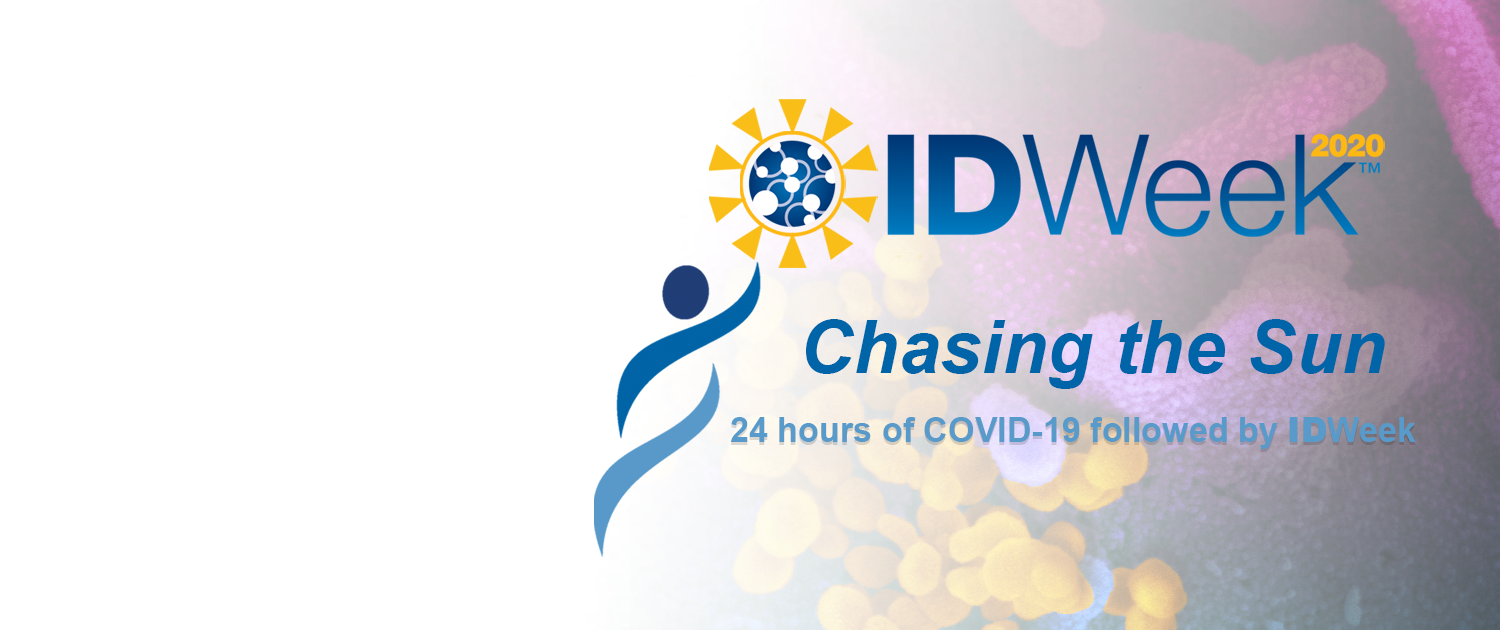
The Impact of HIV After the Virus

At IDWeek 2023, a presenter uses HIV as a model to understand the post-acute sequelae of viral infections.
At IDWeek's John Enders Lecture, Igho Ofotokun, MD, MSc, the Grady Distinguished Professor of Medicine at Emory University School of Medicine in Atlanta, Georgia, presented a session entitled "Leveraging HIV as a template for exploring the long-term consequences of viral infections." With both profound expertise and passion, Ofotokun encapsulated a career devoted to unraveling the persistent repercussions of viral infections once the acute phase has subsided.
The lecture served as a tribute to John Enders, PhD, a Nobel laureate known for pioneering methods in poliovirus cultivation. Ofotokun praised Enders as a true advocate of collaboration and team science and reminded the audience of Enders' enduring contribution to our understanding of viral infections, encompassing acute, latent persistent, and chronic persistent infections.
Drawing an initial parallel between HIV infection and post-viral syndromes, Ofotokun illuminated the lasting impact of viral infections long after recovery. Whether it's cardiomyopathy associated with enteroviruses or oncogenic changes triggered by herpes viruses, he underscored the resemblance between these sequelae and the long-COVID and age-related comorbidities seen in HIV.
Ofotokun's research, rooted in a blend of science and serendipity, began with an unexpected observation. Studies investigating fat redistribution unexpectedly unveiled a high incidence of bone mineral loss in HIV patients. This revelation set off a series of comprehensive inquiries that unraveled the intricate interplay between osteoclasts and osteoblasts and the systemic relationship between the immune and skeletal systems.
Ofotokun seamlessly transitioned between patient and mouse model in his quest to explore the complexities of immune dysfunction. Ultimately, he determined that HIV-induced bone damage occurs due to B cell function disruption, resulting in signaling imbalances.
However, the threat isn't limited to HIV alone. While antiretroviral therapies have extended the lifespans of those infected, they've also been found to induce osteopenia. This prompted Dr. Ofotokun to delve into the immune response to these therapies, revealing a notable and irreversible increase in T cell-mediated bone resorption within days to weeks of initiating treatment across all antiretroviral therapies.
But within deep scientific understanding lies the potential for interventions. Ofotokun shared preliminary findings suggesting that zoledronic acid might mitigate osteoclastic activity, advocating for further research into the utility of this class of agents for HIV patients on antiretroviral therapy.
Furthermore, Ofotokun pointed out that the signaling molecule central to this narrative extends beyond bone health and potentially involves other organ systems. Drawing parallels between his work on age-related comorbidities in HIV and the recent challenges posed by post-acute sequelae in COVID-19 patients, he bridged the past and present.
In his closing remarks, Ofotokun expressed heartfelt gratitude to his mentors, colleagues, and family, who have been the driving force behind his journey. With over 200 peer-reviewed publications and numerous accolades, his career serves as a testament to the power of unwavering, multidisciplinary inquiry in medical science and patient care.
Reference
Ofotokun, I. Leveraging HIV as a template to explore the long-term consequences of viral Iifections. IDWeek 2023. October 13, 2023. Boston, Massachusetts.
Newsletter
Stay prepared and protected with Infection Control Today's newsletter, delivering essential updates, best practices, and expert insights for infection preventionists.




